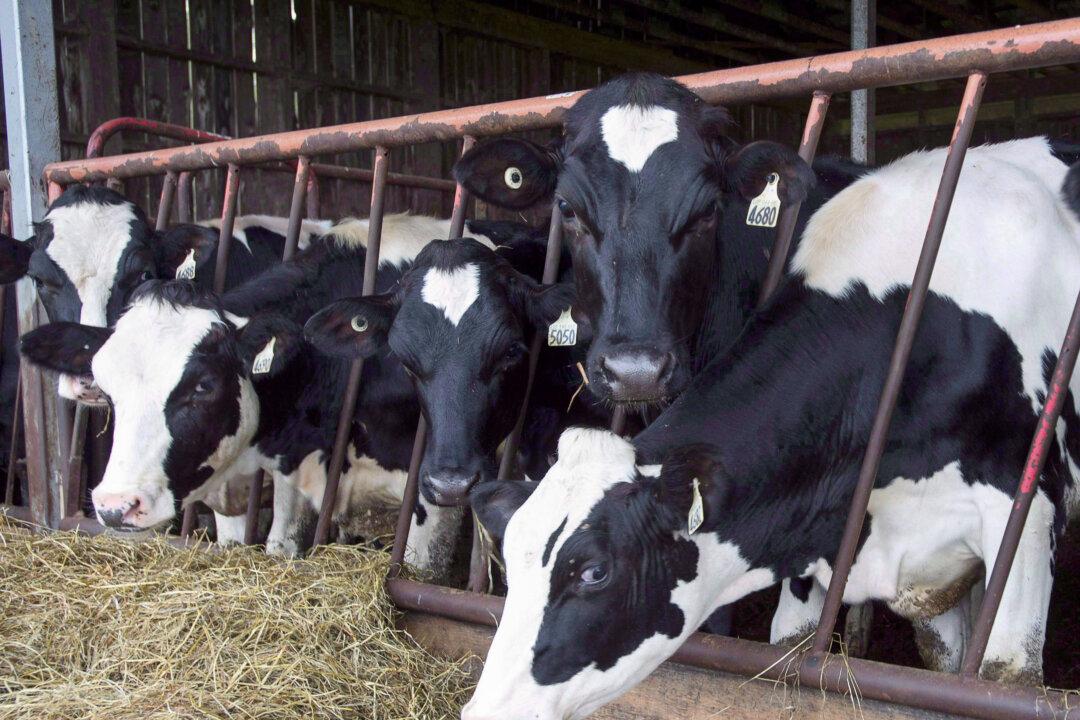In exchange for backing the Liberals in non-confidence votes, the Bloc Québécois wants the federal government to pass legislation taking Canada’s supply management system off the table in trade negotiations. Those opposed raise concerns that past experience shows the bill could remove a major bargaining chip for Ottawa, while those in favour say it’s important for the protected industries.
For the Liberal government to prevent a successful non-confidence vote, it needs the support of the Bloc Québécois, which has given an Oct. 29 deadline for passing two private member’s bills sponsored by two Bloc MPs.





